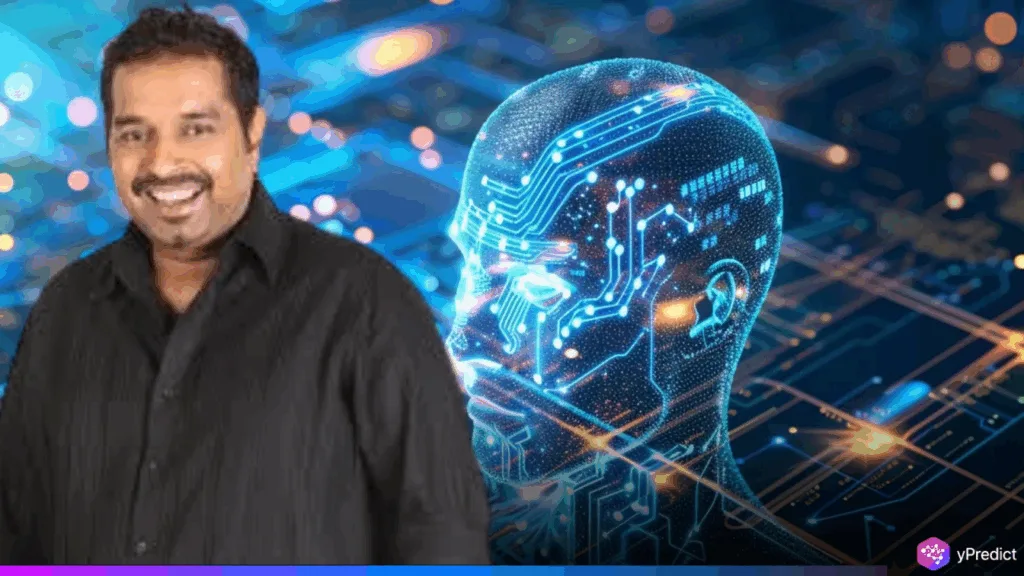
Grammy-winner Shankar Mahadevan has embraced artificial intelligence in music with his latest track, Rubaroo, created using the AI tool Sandbox in collaboration with YouTube and Google Lab. Premiered at Google I/O 2025, the track blends Sufi melodies with contemporary elements. Mahadevan, 58, calls AI a “friend and personal assistant,” not a replacement. He stresses that AI can offer suggestions, but the final artistic decisions must come from a human. “At the core, you still need to be a good musician,” he says, underscoring that AI supports creativity but does not replicate it.
Music, Machines, and the Human Touch
Mahadevan is clear that AI tools can inspire but not replace musicians. “It suggests ideas, some brilliant, some basic, but the final call must be human,” he explains. The technology acts like a collaborator, providing sparks for melodies or lines, but the artistry still lies in the musician’s choices. According to him, “Human intelligence, when working with AI, can achieve wonders.” For Mahadevan, using AI responsibly means knowing where it fits, enhancing, not substituting, the creative process.
He draws parallels to past shifts in music technology. “Fifty years ago, when synthesizers arrived, people feared the end of live music. The same fears surfaced with digital programming tools,” he recalls. “But musicians have remained irreplaceable.” He believes today’s AI moment echoes those earlier transformations. Just like synthesizers or DAWs (digital audio workstations) changed how music was made without eliminating musicians, AI, too, is a tool, not a threat. His message to fellow artists: embrace the technology, explore its potential, but stay rooted in musicianship. That balance, he believes, will define the future of music in the AI era.
AI, Inspiration, and Responsibility
Mahadevan emphasizes the need for human control when working with AI. He admits the suggestions from Sandbox ranged from “phenomenal” to “amateurish,” making human curation essential. “It will never replace a musician’s intuition,” he insists. Instead, AI should be viewed like a brainstorming partner, offering possibilities, not finished art. The key, he says, is to remain the one who decides what’s worth keeping. “You have to be a musician first,” he reminds. He also believes AI is already integrated into many industries, including music.
“We’ve started using it in our work; it’s just another tool,” he says. From automation to composition, Mahadevan sees AI’s value in improving workflow and sparking innovation, but not in redefining the role of the artist. His collaboration with Google and YouTube proves this blend is not only possible but fruitful. “For a musician, it’s such an inspiring tool,” he says. And while AI offers speed and options, it cannot replicate emotion, context, or cultural nuance. Mahadevan’s stance is firm: the soul of music still belongs to humans, and AI should help elevate, not replace, that essence.
A Musician’s Call to Embrace and Adapt
Shankar Mahadevan sees AI as the next chapter in music evolution, one that mirrors the arrival of synthesizers and software. “People feared those too,” he says, “but nothing can replace live musicians.” His advice is rooted in experience: use the tools; don’t fear them. AI may accelerate ideas or assist composition, but only a skilled artist can turn data into art. As AI becomes more common in creative spaces, Mahadevan hopes more musicians treat it as an opportunity, not a threat. “At the end of the day, it’s still about heart, skill, and soul,” he concludes.






